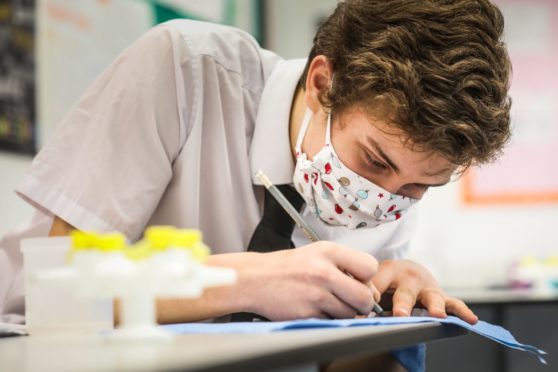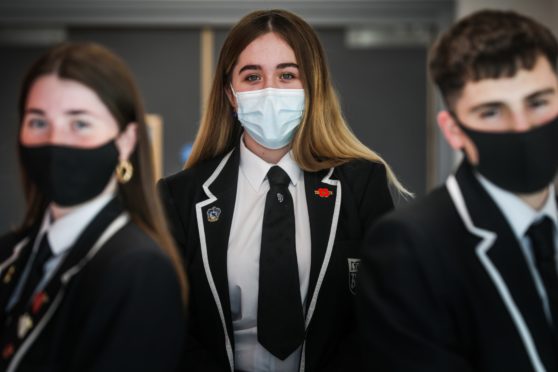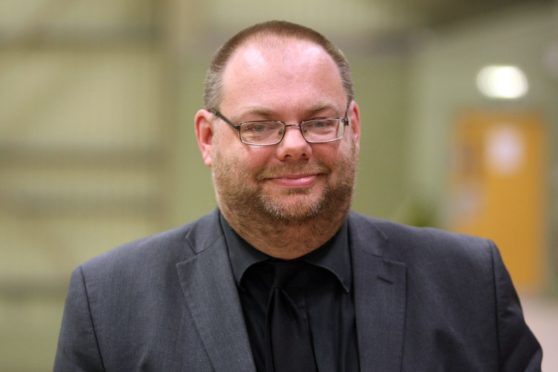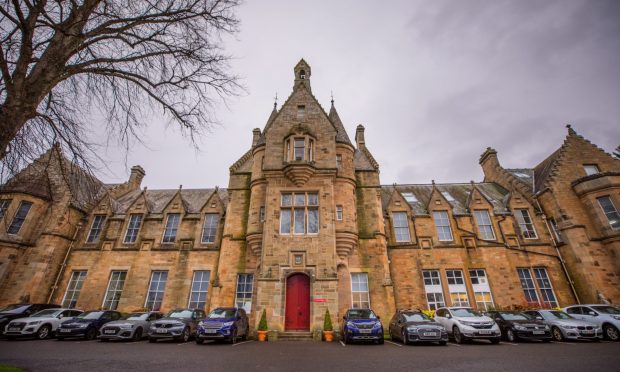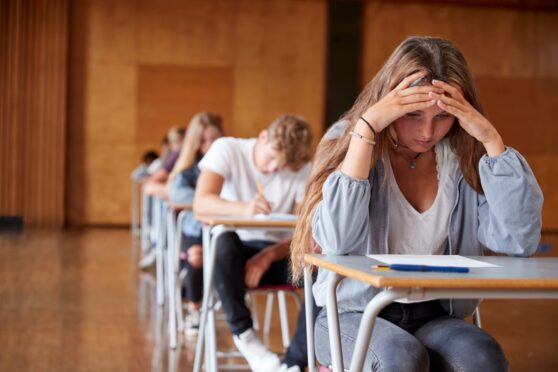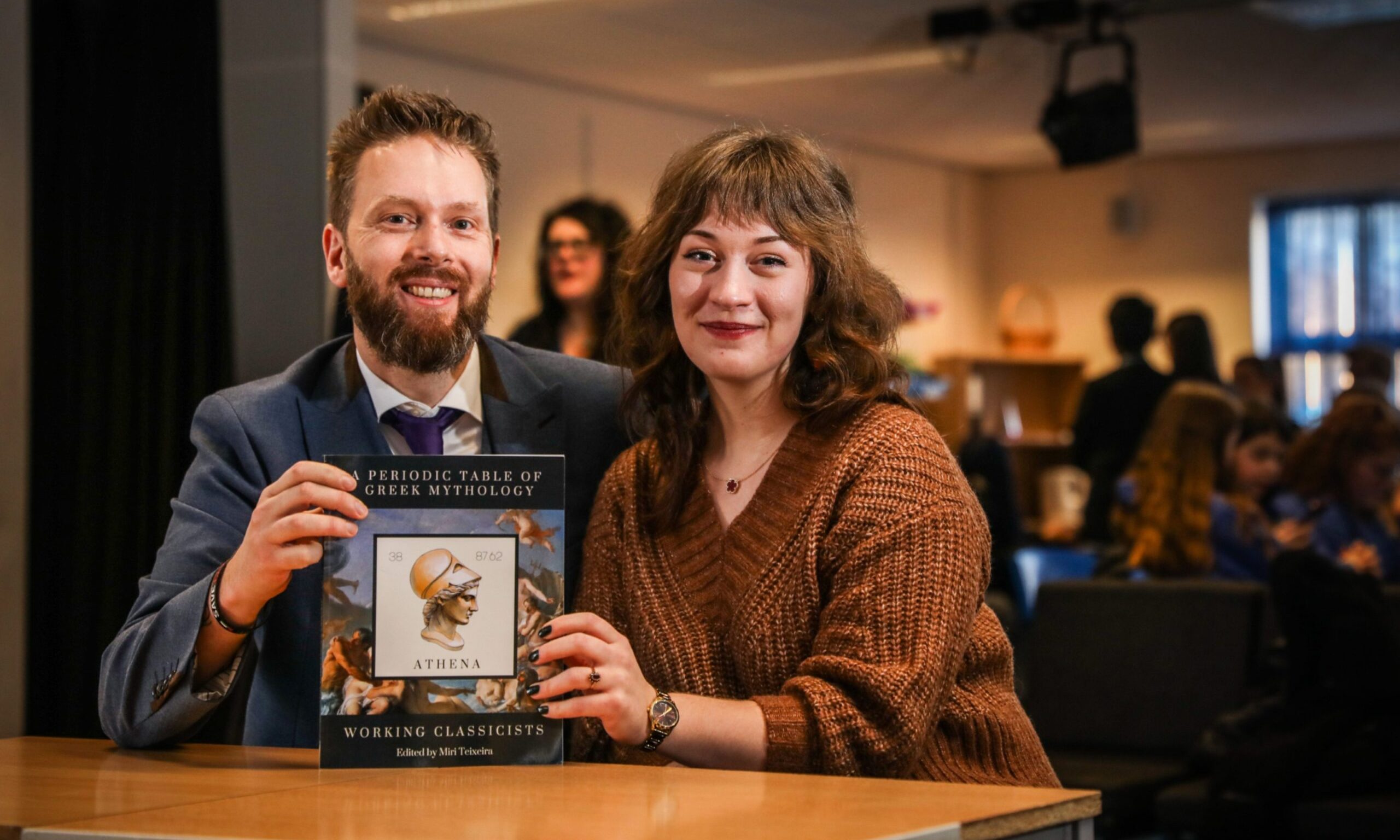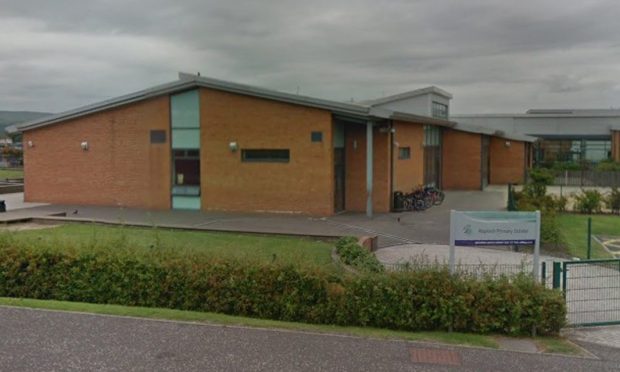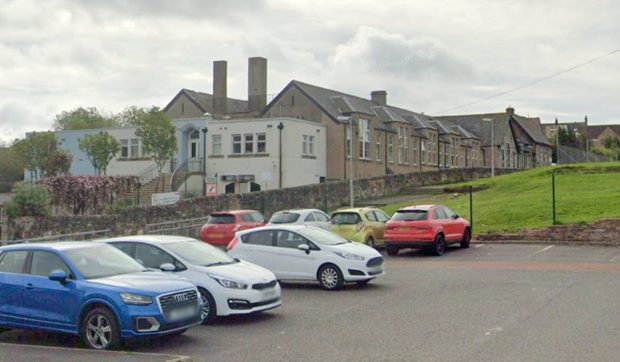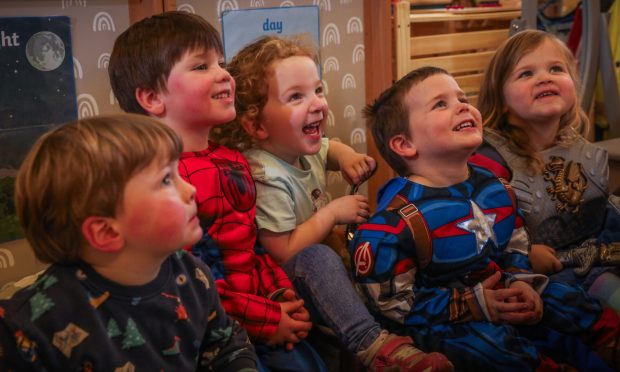Secondary schools across Scotland could follow Dundee’s lead in asking all pupils to wear face coverings in the classroom, according to public health expert Linda Bauld.
The Edinburgh University professor said the measures could be essential to keeping schools open and safe.
Professor Bauld told us she “would not be surprised” if more regions in Scotland followed suit.
It will help to keep schools open when community transmission is still relatively high as it is in Scotland.
She said: “It’s a small measure but I think it’s a good measure. Let’s recognise that in many countries, all children in secondary schools have to wear face coverings, including in the classroom. It’s not uncommon at all.
“Scotland is not an outlier in that and the decision Dundee has taken is not internationally unusual.”
Similar measures have been taken across Europe in an effort to curb rising numbers of coronavirus cases.
Secondary school pupils in Belgium had to wear masks before schools closed last week – only removing them for physical activities.
‘Minimal’ risks for pupils
The risks of wearing a face mask in the classroom are minimal, Linda says, for children who do not have underlying health conditions or are vulnerable.
Her own 15-year-old daughter is one of many senior pupils in Scotland having to wear a mask as a result of tighter restrictions.
Despite her initial reluctance, the teenager has now came to terms with the new measures and is happy to do her bit.
“On her first day she came home feeling like she wanted to be sick.
“I recognise that it’s actually very tough, even for the older teens.
“But yesterday she said it has been fine and it’s not bothering her at all anymore.
“There really are very minimal risks. It is uncomfortable and it does take getting used to and they need to find a face covering that’s not too heavy and that is the most comfortable to tolerate.”
However she said teachers must emphasise the importance of taking a break from mask-wearing and to allow pupils outside for fresh air – even on rainy days.
But parents have raised their concerns over the wellbeing of their children wearing a face covering for extended periods of time.
Scottish Government figures revealed there were almost 21,324 pupils off school for coronavirus-related reasons on Monday and a further 23,034 on Tuesday – the highest level since the end of August.
Parent campaign group UsForThem Scotland have linked the absences to the new masking-wearing measures.
Spokeswoman Jo Bisset said: “We’ve warned from the start that forcing children to spend all day in a mask will cause more to miss school, and these statistics show exactly that consequence.”
While they are pleased schools are remaining open, they fear absences may continue to rise if the rules are extended further than Dundee.
While we have high levels of infection in the community, anything we can do to make schools safer is good.”
Prof Linda Bauld
However the public health professor said it may be a necessary step to ensure education is not disrupted.
“I think it will help to keep schools open when community transmission is still relatively high as it is in Scotland,” she added.
“If the virus is at very low levels then face coverings in schools probably isn’t going to make much of a difference.
“But while we have high levels of infection in the community, anything we can do to make schools safer is good.
“We’ve had very few outbreaks of Covid-19 in schools, it has been very well managed throughout the pandemic.
“But a lot of young people who develop the virus are asymptomatic so they probably don’t even know they’ve got it – that’s why face coverings are a good idea.”
Linda said she was less supportive of the measures potentially being added to primary school children, however, she said the possibility could not be ruled out.
She added: “I don’t think there is a strong evidence for small children to be wearing them and I don’t think it’s feasible.
“But I wouldn’t rule it out being an active point of discussion in the future.
“There are certainly some children in primary school, P7 for example, who are very mature.
“The closer that younger people are in size to an adult the more likely they are to be able to pass it on in the way that adults do.
“Multiple studies show us that younger children are probably less likely to pass it on.”
Linda also said parents and school staff must help motivate and praise teenagers for their efforts in helping curb the virus.
And in Dundee, education convener Stewart Hunter thanked pupils and teachers for supporting the guidance.
He said: “I would like to thank our staff as this new guidance has come in to our secondary schools.
“Their efforts during this very challenging time are appreciated.”

